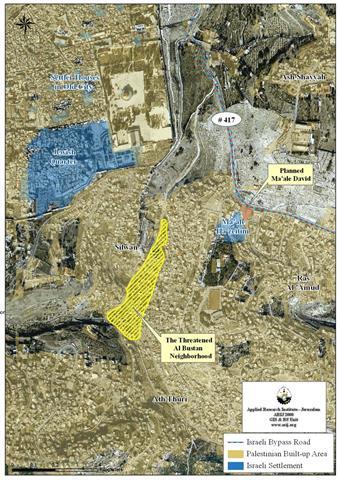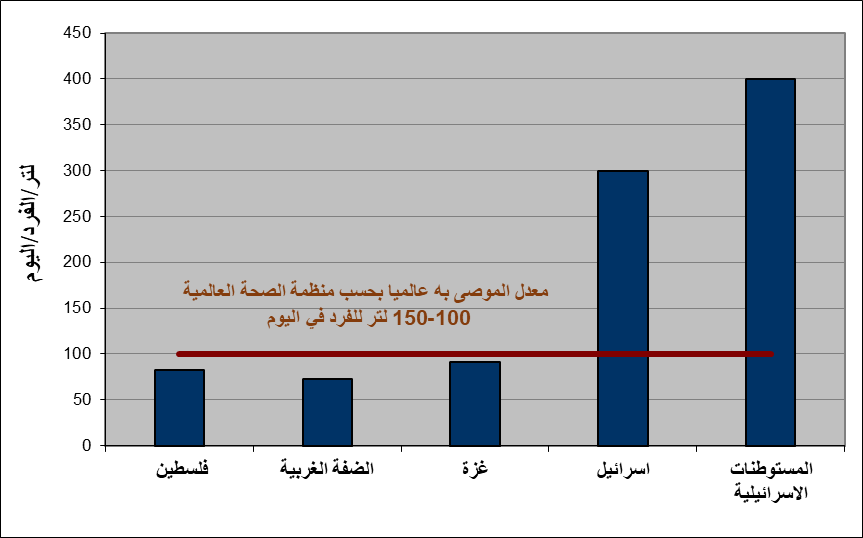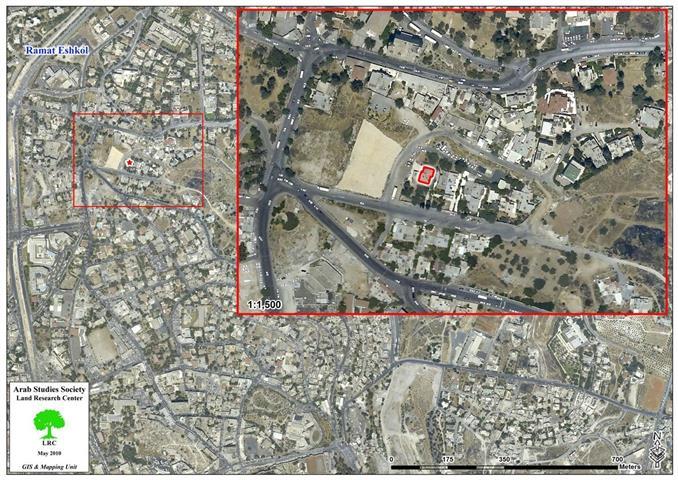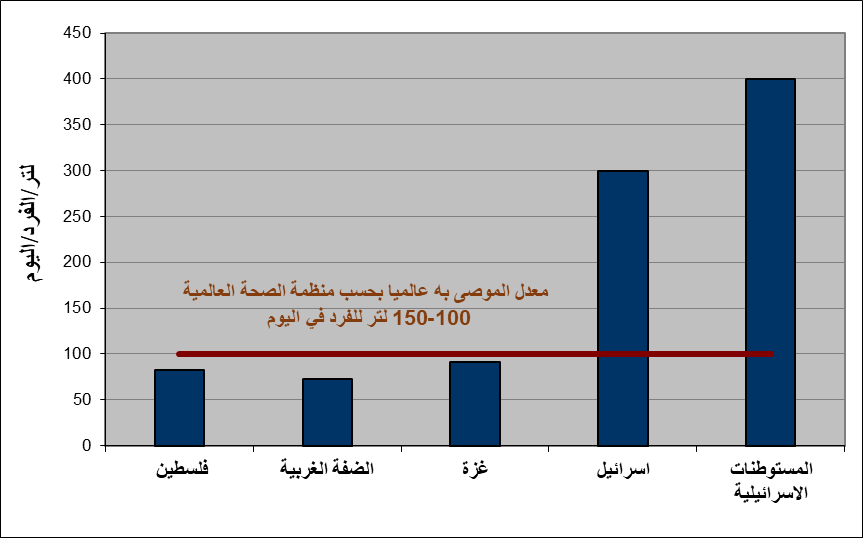When Israel captured the Palestinian Territory including East Jerusalem during the 1967 war, it became an obsession of the successive Israeli governments to win the demographic battle over Jerusalem to their favor. Hence, in the decades of Israeli occupation to follow, Israel has systematically planned and practiced all sorts of operations to eradicate the Palestinian existence from the occupied city that might ultimately threaten their quest of Jerusalem as “the eternal, undivided capital of Israel”. Accordingly, Israel employed all within its capabilities to ensure “Jewish dominance” in the city, regardless of the means and methods used to realize their quest; thus they violated repeatedly every aspect of the international law and facilitated the establishment of illegal settlements, demolished thousands of Palestinian houses and crippled the city economy worse than anytime ever before.
40 Administrative Demolition Orders
On February 16, 2010, the Israeli Municipality of Jerusalem issued administrative demolition orders for four buildings composing of 40 apartments under the pretext of ‘lacking building permits.’ The first targeted five-story building is located in Beit Hanina neighborhood and was built in the year 2000. The building is comprised of eight apartments. The building was licensed by the Israeli Municipality of Jerusalem, but the Municipality claims that the owner of the building did not issue the proper building authorization for some additions in the building and therefore the license was cancelled.
On the same day, the Israeli Municipality of Jerusalem city handed over Palestinian owners of three buildings in Ash Sharqiyeh neighborhood in Beit Hanina administrative demolition orders for their buildings which include 32 apartments under the pretext of ‘lacking building permits.’ Not forgetting to mention that the three buildings are inhabited by 150 residents.
Furthermore, inspectors of the Israel Municipality of Jerusalem handed five Palestinian owners of commercial stores in Bab Al-‘Amoud area in the old city of Jerusalem administrative orders to evacuate their own stores, in order to demolish them under the pretext of ‘lacking proper building authorization.’ These five stores received their first demolition orders on July 22, 2009 and shortly thereafter submitted a petition to the Israeli Supreme Court against the demolition orders. On August 19, 2009, the Israeli court rejected the petition filed by the owners of the commercial stores and are now slated for demolition.
It is worth mentioning that the Israeli Municipality of Jerusalem had decided to close the Bab Al-‘Amoud area for two years starting from April 2010 in order to develop the area. If this occurs, all of the commercial stores owned by dozens of Palestinian Jerusalemites will be forced to close during this period and subsequently, they will loose their source of income.
Confiscation of Private Palestinian Land in Al Sheikh Jarrah
On February 17, 2010, the Israeli Municipality of Jerusalem revealed its intention to confiscate privatly-owned Palestinian land in Ash Sheikh Jarrah neighborhood in East Jerusalem owned by resident Kamel ‘Ubeidat. The Municipality also provided that the land will be used to construct a public parking area to be used by the Israeli settlers and visitors of Shim’on Hatzdeik Shrine.
And in a new Israeli escalation against Palestinian Jerusalemites, the Mayor of the Israeli Municipality of Jerusalem, Nir Barakat, called on his officers to coordinate between the Municipality and the Israeli Police for a new campaign of demolishing dozens of Palestinian houses in Al Bustan area in Silwan neighborhood. According to the data provided by the Municipality of Jerusalem, there are 657 Palestinian houses in Silwan city lacking building permits and are classified by the Municipality as “illegal” structures. As a result, they are threatened of demolition at anytime. See map 1
Map 1: Al Bustan Neighborhood in Silwan City south of Jerusalem
Legal & International Status
The Israeli occupation adopts strategies to continue its policy to expropriate Palestinian lands, hinder the development of Palestinian communities especially in east Jerusalem through the application of harsh building laws and regulations, zoning and rezoning Palestinian areas in East Jerusalem according to plans concerning developing illegal Israeli neighborhoods. These Israeli acts are imposing facts on the ground and are undermining the status of East Jerusalem to be the Capital for the future Palestinian state and are undermining the prospects for peace in the region. These acts constitute a flagrant violation to the International laws and Human conventions such as:
-
Article 147 of the Fourth Geneva Convention indicates that: Extensive destruction and appropriation of property not justified by military necessity and carried out unlawfully and wantonly is a grave breach of the Convention.
-
Article 23 of the Hague Convention of 1907 also provides: In addition to the prohibitions provided by special Conventions, it is especially forbidden to destroy or seize the enemy’s property, unless such destruction or seizure be imperatively demanded by the necessities of war.
-
Under the Universal Declaration of Human Rights Adopted and proclaimed by General Assembly Resolution 217 A (III) of, December 10, 1948, Article 17 reads: ‘No one shall be arbitrarily deprived of his property.’ In other words, it bans Israel from destroying or confiscating the property of the Palestinians at any case.
-
Article 33 of the Forth Geneva Convention prohibits collective punishment. Land leveling and property destruction carried out by Israeli forces is considered collective punishment. The article states: ‘No protected person may be punished for an offence he or she has not personally committed. Collective penalties and likewise all measures of intimidation or of terrorism are prohibited.”
-
Article 53 of the same convention provides that ‘Any destruction by the Occupying power of real or personal property belonging individually or collectively to private persons, or to the State, or other public authorities or social or cooperative organizations is prohibited, except where such destruction is rendered absolutely necessary by military operations.’














